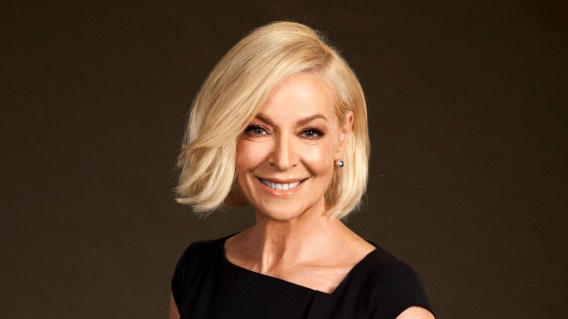Nine held secret investigation into Liz Hayes’ bullying claims

Liz Hayes allegedly made complaints against long-running 60 Minutes executive producer Kirsty Thomson
Nine hired an external firm to run an investigation into claims that Liz Hayes and producer Gareth Harvey were bullied by 60 Minutes executive producer Kirsty Thomson.
This is according to the Sunday Telegraph, who revealed that the inquiry was run by Enterprise Investigations last year, at the same time a separate third-party probe into the network’s culture “found concerning levels of inappropriate workplace behaviours at Nine.”
While the scathing Intersection report was publicly released last October, noting “very high prevalence rates of abuse of power or authority” in Nine’s broadcast division, the investigation into Thomson, who has been executive producer of 60 Minutes since 2016, was kept confidential.

